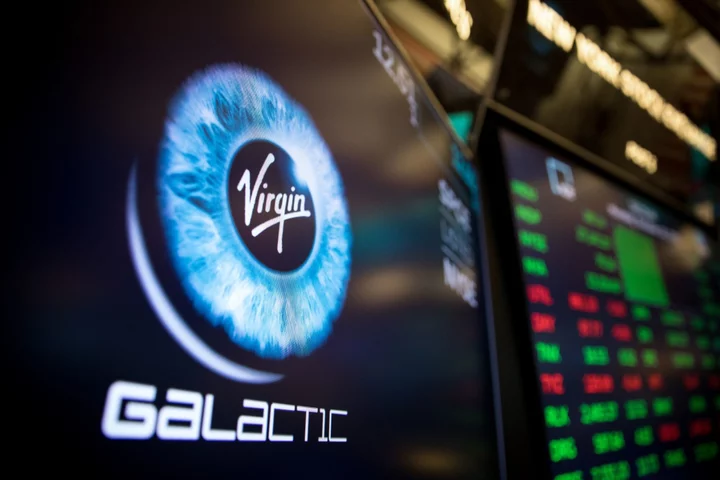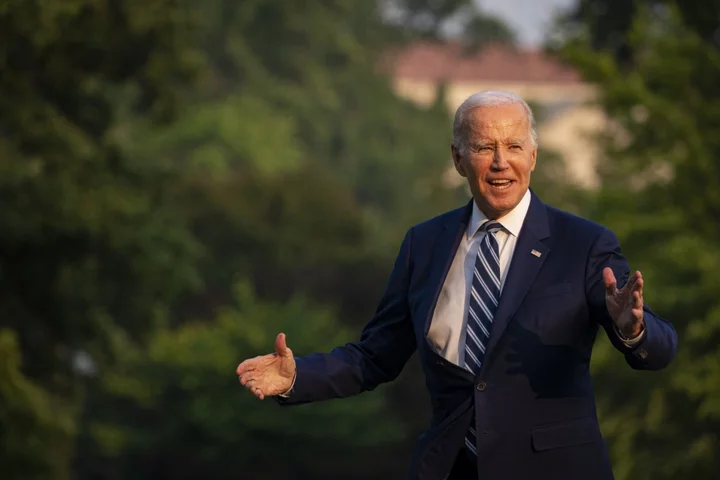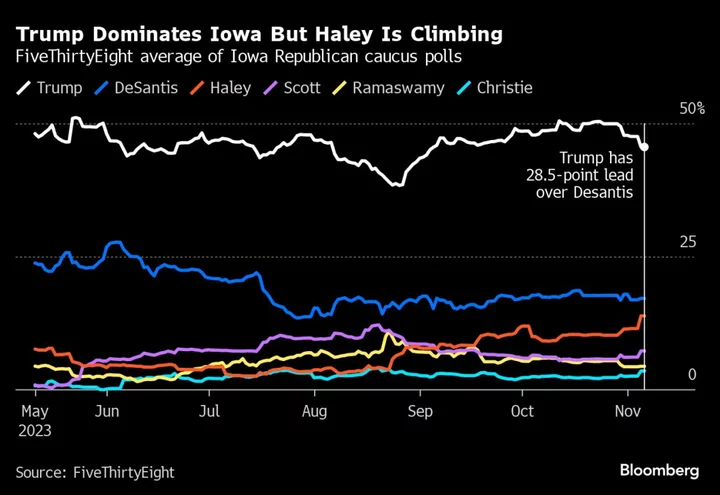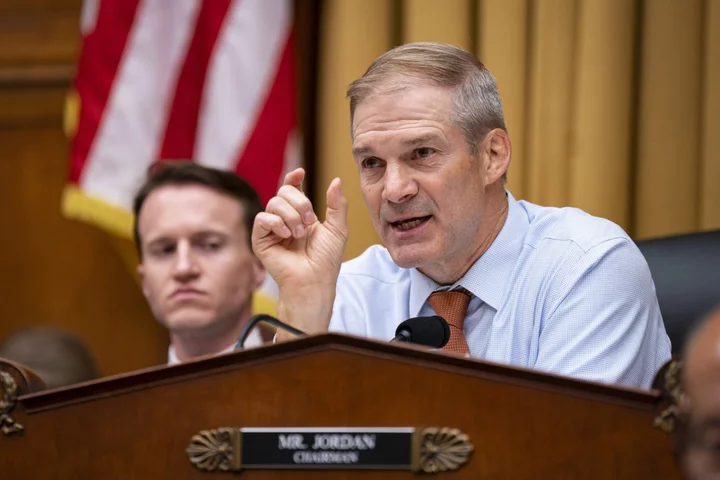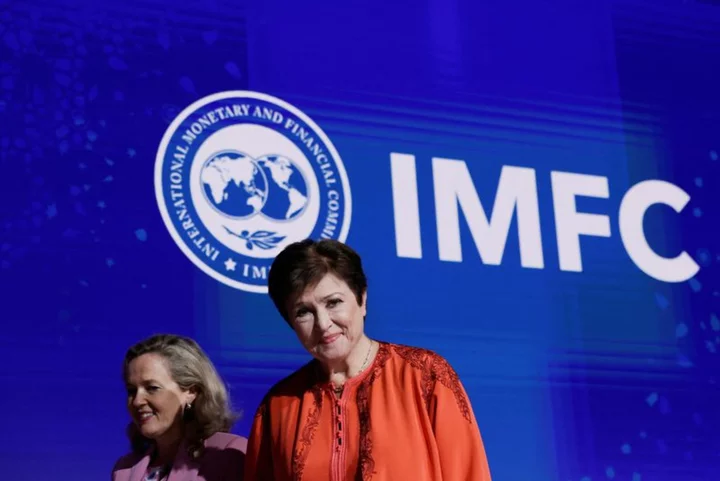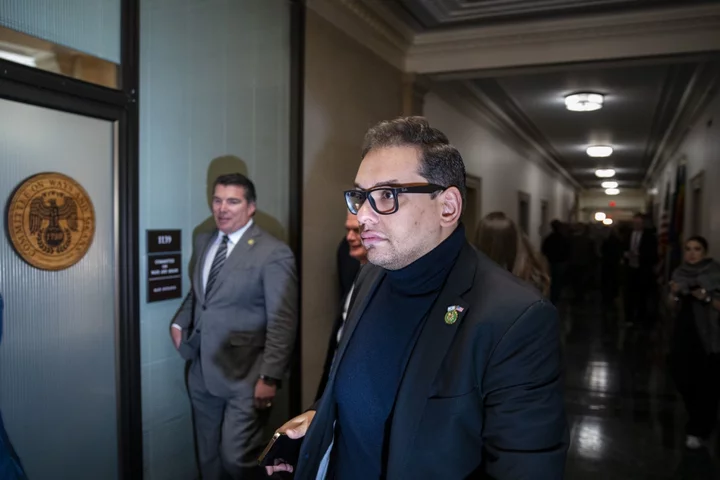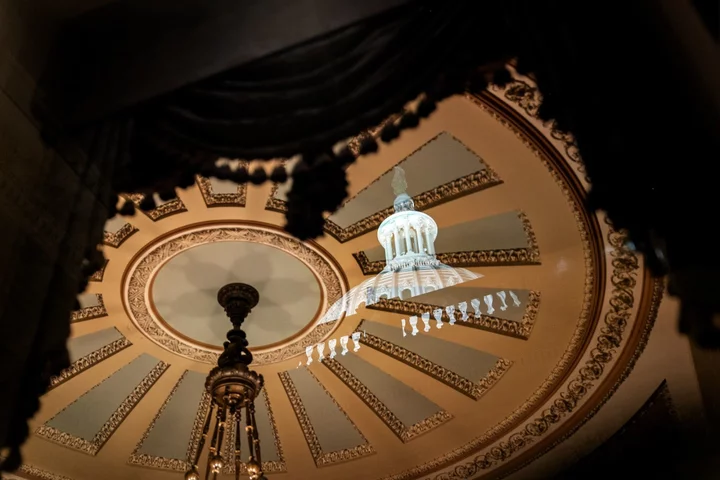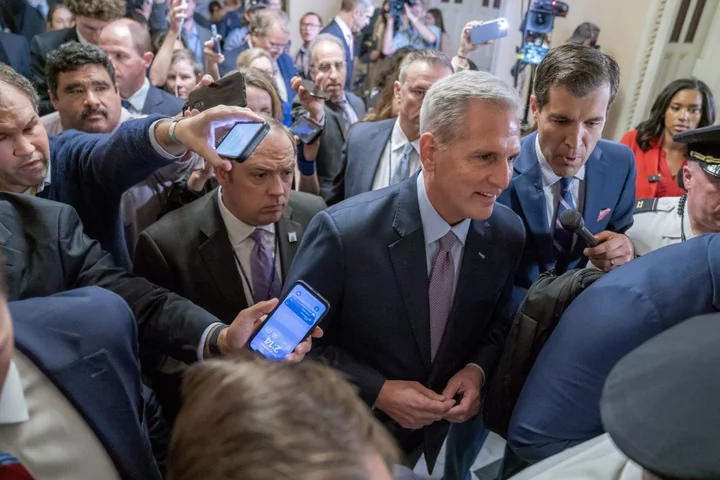Virgin Galactic Holdings Inc. broadly missed estimates for the first quarter as the space-tourism company plans commercial flights for later this year.
The company reported first-quarter revenue of $0.39 million, much less than the $1.37 million analysts had expected. It also lost an adjusted 57 cents per share, more than the 52 cents-per-share loss Wall Street analysts had expected.
The results on Tuesday came a day after Virgin Galactic announced the crew for its first full passenger flight in nearly two years, set for the end of May. Virgin Galactic expects to begin commercial spaceflights in June, with its first mission for the Italian Air Force.
Shares fell 1.7% at 4:14 p.m. in extended trading in New York. Virgin Galactic stock climbed 18% this year as of the close of regular trading Thursday.
Virgin Galactic’s May flight would mark the first powered trip of the company’s VSS Unity spaceplane since July 2021, when billionaire founder Richard Branson took his first voyage to the edge of space. Months after Branson’s flight, Virgin Galactic announced a “planned vehicle enhancement and modification period” and grounded its vehicles for upgrades.
The company had delayed its target date for returning to flight. In February, Virgin Galactic announced that the enhancement period had ended at the end of 2022, with the majority of the upgrades focused on VMS Eve, the twin fuselage carrier plane used to deploy VSS Unity at altitude.
In April, VSS Unity successfully flew on a glide flight, without igniting its engine, from the company’s New Mexico spaceport.
Virgin Galactic reopened ticket sales last year for interested customers, with seats priced at $450,000. The cost marks a substantial increase from the $250,000 price point that early Virgin Galactic customers paid.

